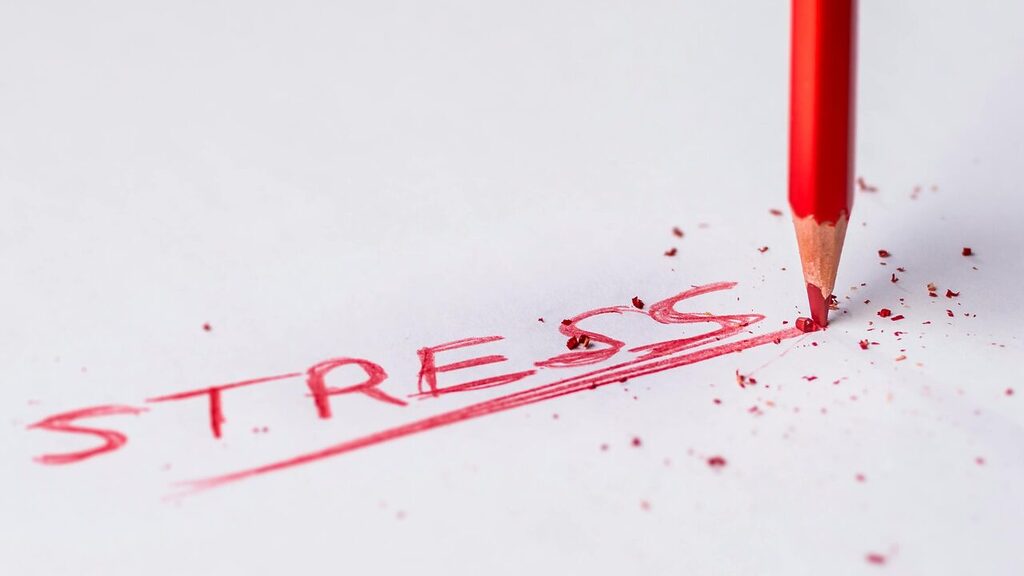Stress is an inevitable part of life, but for those in recovery from addiction, it can pose a significant threat to sobriety. Learning to manage stress effectively is crucial for maintaining long-term recovery and preventing relapse. At Texas Recovery Centers, we understand the challenges our clients face and provide comprehensive strategies for stress management as part of our treatment and aftercare programs.
Understanding the Link Between Stress and Relapse
Stress is a common trigger for relapse. When faced with stressful situations, individuals in recovery may be tempted to return to substance use as a coping mechanism. This is why developing a robust stress management toolkit is essential for long-term sobriety.

Effective Stress Management Techniques
1. Mindfulness and Meditation
Mindfulness practices help individuals stay grounded in the present moment, reducing anxiety about the future or regrets about the past. Regular meditation can:
- Lower overall stress levels
- Improve emotional regulation
- Enhance self-awareness
Try starting with just 5 minutes of guided meditation daily, gradually increasing the duration as you become more comfortable with the practice.
2. Exercise and Physical Activity
Regular exercise is a powerful stress-buster. It:
- Releases endorphins, the body’s natural mood elevators
- Improves sleep quality
- Boosts self-esteem and confidence
Aim for at least 30 minutes of moderate exercise most days of the week. This could be a brisk walk, a bike ride, or a swim – find activities you enjoy to make it sustainable.
3. Healthy Sleep Habits
Quality sleep is crucial for stress management and overall well-being. To improve your sleep:
- Stick to a consistent sleep schedule
- Create a relaxing bedtime routine
- Avoid screens for at least an hour before bed
- Keep your bedroom cool, dark, and quiet
4. Nutrition for Stress Management
What you eat can significantly impact your stress levels. Focus on:
- Whole foods rich in vitamins and minerals
- Foods high in omega-3 fatty acids (like salmon and walnuts)
- Complex carbohydrates for sustained energy
- Limiting caffeine and sugar intake
5. Time Management Skills
Poor time management can lead to unnecessary stress. Try these strategies:
- Use a planner or digital app to organize tasks
- Break large projects into smaller, manageable steps
- Learn to prioritize and say no to non-essential commitments
- Schedule regular breaks throughout your day
6. Building and Maintaining a Strong Support Network
Social support is crucial for managing stress and maintaining recovery. Your support network might include:
- Family and friends who support your recovery
- Fellow alumni from your treatment program
- A sponsor or mentor
- Members of support groups like AA or NA
Regular connection with these individuals can provide emotional support, practical advice, and accountability.
7. Practicing Relaxation Techniques
In addition to meditation, other relaxation techniques can help manage stress:
- Deep breathing exercises
- Progressive muscle relaxation
- Yoga
- Guided imagery
Experiment with different techniques to find what works best for you.
8. Engaging in Hobbies and Creative Activities
Hobbies and creative pursuits can be excellent stress relievers. They provide:
- A healthy distraction from stressors
- A sense of accomplishment
- An outlet for self-expression
Consider activities like painting, gardening, playing music, or learning a new skill.
9. Professional Support and Therapy
Ongoing therapy or counseling can provide valuable support in managing stress and preventing relapse. Options include:
- Individual therapy
- Group counseling
- Cognitive-behavioral therapy (CBT)
- Stress management workshops

10. Mindful Use of Technology
While technology can be a source of stress, it can also be a tool for managing it:
- Use apps for guided meditation or relaxation exercises
- Set boundaries on social media use
- Utilize productivity apps to manage tasks and reduce overwhelm
Implementing Stress Management in Daily Life
Effective stress management is about creating a lifestyle that promotes resilience and well-being. Here are some tips for incorporating these strategies into your daily routine:
- Start your day with a brief meditation or gratitude practice
- Take short breaks throughout the day for deep breathing or stretching
- Schedule regular exercise sessions as non-negotiable appointments
- Plan healthy meals and snacks in advance to avoid stress eating
- Set aside time each week for hobbies or creative activities
- Attend support group meetings regularly
- Practice saying no to commitments that might overwhelm you
- End your day with a relaxing bedtime routine
Texas Recovery Centers’ Approach to Stress Management
At Texas Recovery Centers, we recognize the critical role of stress management in long-term recovery. Our programs incorporate:
- Individual counseling to address personal stressors and develop coping strategies
- Group therapy sessions focused on peer support and shared experiences
- Holistic activities like yoga and art therapy
- Nutrition education and exercise programs
- Ongoing support through our alumni program
We believe in equipping our clients with a diverse set of tools to manage stress effectively, reducing the risk of relapse and promoting overall well-being.
Get Help Today
While stress is an unavoidable part of life, it doesn’t have to threaten your sobriety. By implementing these stress management techniques and seeking ongoing support, you can build resilience and maintain your recovery, even in the face of life’s challenges.
If you’re struggling with addiction and stress management, don’t hesitate to reach out for help. Call Texas Recovery Centers today at 888-354-2194. Our comprehensive programs can provide you with the tools and support you need to achieve lasting recovery and effectively manage life’s stressors.












